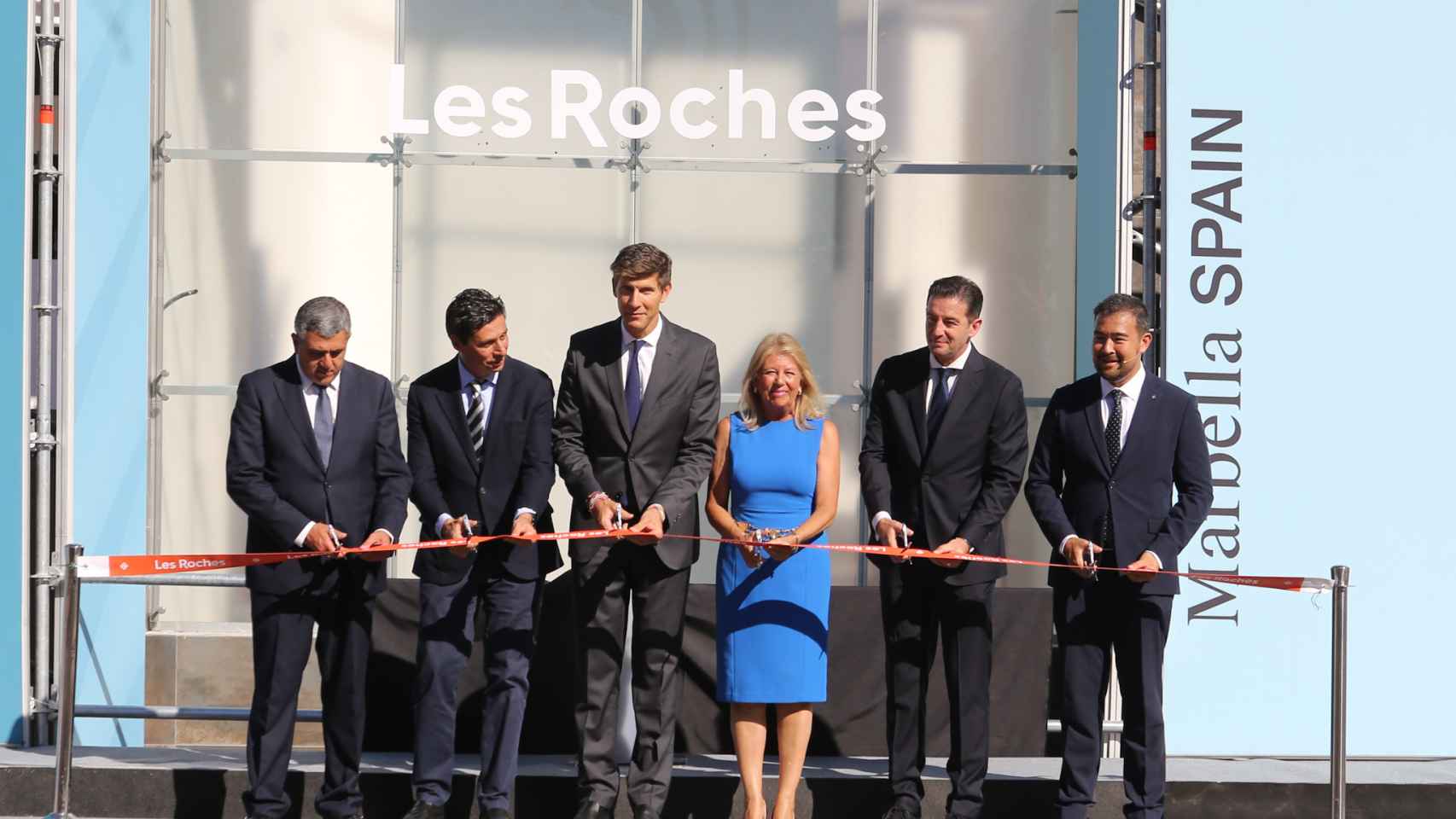
Arabia Saudí is taking cues from Marbella’s prestigious Les Roches school of hotel management with ambitious plans to create 1.6 million new jobs in its tourism sector by 2030, aiming to increase its current 3% GDP contribution to 10%. The ongoing connection between Arab nations and Marbella, a key tourist hub on the Costa del Sol and the second most important city in the province of Málaga, is highlighted by the presence of Les Roches, a globally recognized institution in the field of hospitality management.

Mohamed Bushnag, Deputy Minister of Tourism in Arabia Saudí, recently stated that his country is leveraging Marbella’s expertise in luxury hotel training to achieve the goal of generating 1.6 million new jobs within the tourism sector by 2030. “Our focus is to boost tourism’s contribution to our country’s GDP from the current 3% to 10% by 2030 and attract 100 million visitors per year (around 30 million international visitors and 70 million domestic tourists),” emphasized Bushnag during the LXIV closing ceremony and the first graduation of Saudi students from the VI class of the Executive Master’s in International Hotel Management, an initiative driven by Arabia Saudí and Les Roches. The program aims to globally train 100,000 young Saudi individuals.
Bushnag highlighted the parallels between Arabia Saudí and Spain, drawing connections based on shared interests in sun, beach, desert, and cultural heritage. In particular, he noted that the Red Sea region in Arabia Saudí can be compared to Marbella due to their shared appeal to luxury tourism. Over the next decade, the west coast of Arabia Saudí plans to establish 50 resorts with 8,000 rooms and 1,300 accommodations on 22 islands.
These investments are primarily funded by Red Sea Global, a joint-stock company owned by the Public Investment Fund of Arabia Saudí. Luxury tourism in the country is on the rise, with 90 new hotels and 22,000 rooms opening in the first quarter of 2022. By 2030, this number is expected to increase to 900,000 rooms, with 70% of the financing provided by the private sector. The Deputy Minister admitted that negotiations are underway with a Spanish hotel chain that is considering investments in the country. “I cannot reveal the names yet,” he said, “but they will be significant players in the sector.” In 2022, Meliá Hotels International announced the construction of three resorts in Arabia Saudí with an investment of $266.5 million (€254 million), financed by the Saudi tourism fund, making it the first Spanish hotel company to operate in the country.
On the flip side, the SOCIMI RSR Singular Assets Europe, a vehicle owned by the ‘family office’ of Arabia Saudí Rashid Saad Al Rashid & Sons, recently announced an investment of €24.5 million in a central Madrid office building to convert it into a luxury hotel. “We see a lot of interest from Saudi tourists, not only in Madrid but also in cities like Sevilla and Córdoba. Marbella is also a great destination. Gastronomy is a major draw,” the Deputy Minister of Tourism explained. In September 2019, Arabia Saudí opened its doors to tourism with an easily accessible visitor visa. The hosting of the World Travel and Tourism Council (WTTC) in Riyadh at the end of last year has sparked greater interest in a country that plans to invest over one trillion dollars in tourism by 2030.






